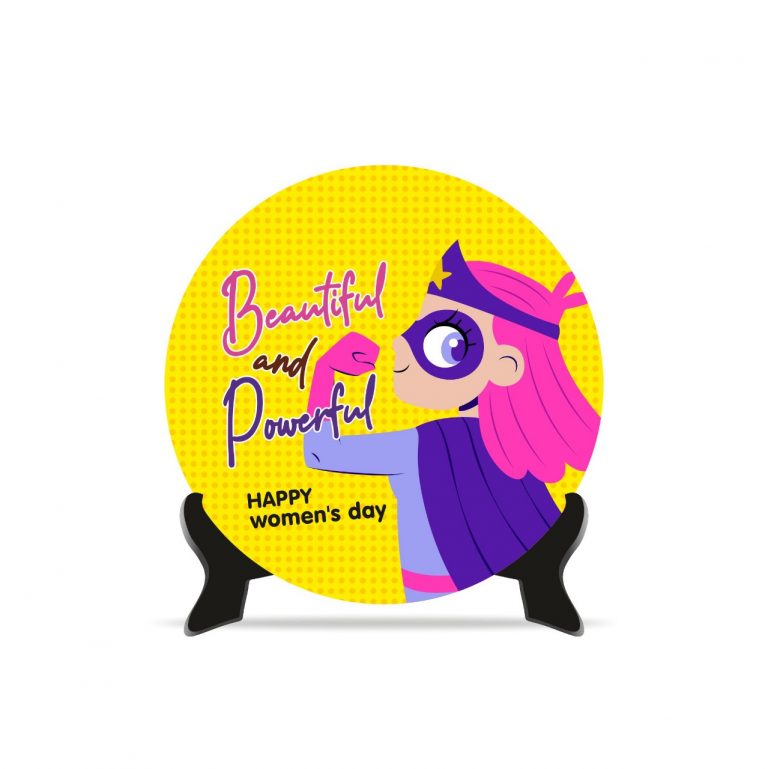The Fear Behind Feedback
Employee surveys are a key tool for understanding workplace sentiment, improving engagement, and driving change. But for many employees, a question still lingers: “Are employee surveys confidential?” This simple question carries the weight of trust, fear, and transparency. Without clarity on this issue, even the most well-crafted surveys may fail to get honest responses.
If employees don’t believe their feedback is truly anonymous, they may avoid participation or sugarcoat their answers. That’s why building trust around survey confidentiality is crucial to your survey strategy-and to creating an Amazing Workplace.
In this blog, we’ll explore whether employee surveys are actually confidential, how organizations can protect anonymity, and why it all matters more than ever.
Are Employee Surveys Confidential? The Short Answer
The answer to “are employee surveys confidential?” is: They can be-but only if handled correctly.
Confidentiality depends on how surveys are designed, who conducts them, and how responses are managed. If you’re using tools that track employee IDs, email addresses, or logins-even unintentionally-you may be compromising confidentiality.
True anonymous surveys don’t collect any identifiable information and are typically conducted by third-party providers to eliminate bias or tracking.
Organizations need to be clear about what “confidential” really means-because for employees, trust is everything.
Why Confidentiality Matters in Feedback
When employees wonder, “are employee surveys confidential?”, they’re really asking:
- “Will I face consequences for speaking honestly?”
- “Will my manager find out what I said?”
- “Is this just a formality or will change actually happen?”
If employees doubt confidentiality, they will:
- Avoid sensitive topics
- Answer dishonestly
- Refuse to participate
- Lose faith in leadership
This not only invalidates your survey results, but it also damages your credibility as an employer. Confidentiality is the foundation of honest feedback.
Common Misunderstandings About Confidential Surveys
Even with the best intentions, organizations often send mixed signals. Here are some common reasons employees ask, “are employee surveys confidential?”– and what causes confusion:
1. Survey Platforms Track Logins
If employees need to log in to complete the survey, they may assume their answers are being tracked-even if they’re not.
2. Department-Level Reporting
When survey results are broken down by small teams, it may be possible to guess who said what, especially in departments of 5 people or fewer.
3. Lack of Clarity in Communication
If HR doesn’t explicitly state that responses are anonymous and explain how data will be used, employees may assume the worst.
How to Ensure Confidentiality in Employee Surveys
If you want employees to participate openly, you must prove that surveys are safe and anonymous. Here’s how to strengthen the answer to “are employee surveys confidential?” with action, not just words:
1. Use Third-Party Tools
Platforms Amazing Workplaces offer anonymous survey capabilities that guarantee no individual can be identified through metadata or login data.
2. Avoid Collecting Identifiers
Don’t ask for names, departments (unless large), or any other details that could point to individuals.
Related Posts
3. Set Minimum Response Thresholds
Only display results for teams with a minimum number of responses (e.g., 8 or more). This prevents accidental identification through small sample sizes.
4. Be Transparent
Explain exactly how confidentiality works. Tell employees how their data will be stored, accessed, and analyzed-and what won’t happen (e.g., individual tracking).
5. Share Group-Level Feedback Only
Aggregate results across departments or locations to avoid accidental exposure. Stick to broad trends, not individual opinions.
What Real Confidentiality Looks Like
Let’s say your company runs a quarterly engagement survey. You hire a third-party vendor. Employees access the survey via a generic link-no logins, no tracking. Data is collected, then analyzed at the group level. Managers only see results if 10 or more responses are submitted per team.
You publish a short summary of key themes, then launch a follow-up initiative to address the most common concerns.
In this scenario, if someone asks, “are employee surveys confidential?”, the answer is a confident and proven yes.
What Happens When Confidentiality Is Broken?
Breaching survey anonymity-even accidentally-can have serious consequences:
- Participation drops in future surveys
- Employees stop trusting leadership
- Honest feedback disappears
- Company culture suffers
Even a single incident can destroy years of progress in building a feedback culture. That’s why organizations must treat survey data with the same care as any other sensitive information.
What to Tell Employees Before Launching a Survey
To improve response rates and transparency, proactively answer the question: “Are employee surveys confidential?” Here’s what to include in your communication:
- A clear statement: “This survey is 100% anonymous.”
- An explanation of who will see the results (e.g., HR only, not direct managers).
- A reassurance that no IP addresses, emails, or logins are being tracked.
- A note on how feedback will be used to improve workplace experience.
This builds confidence and drives meaningful participation.
Trust Makes Feedback Possible
The question “are employee surveys confidential?” may seem small, but it carries big meaning. It speaks to whether your employees trust you, believe in your culture, and feel safe sharing the truth.
If you want real feedback, you must create a truly anonymous process and communicate it clearly. Confidential surveys are not just a method-they’re a message:
“We care about your voice, and we respect your privacy.”
At Amazing Workplaces®, we help companies design and deliver secure, anonymous, and action-oriented surveys. Because a feedback culture can’t exist without trust-and that starts with getting the answer to “are employee surveys confidential?” absolutely right.
Disclaimer: The views, data and case studies we publish on our website are purely based on publicly accessible information and organizational disclosures. Amazing Workplaces® does not take a position on any legal or regulatory matters concerning any information available on our website.











